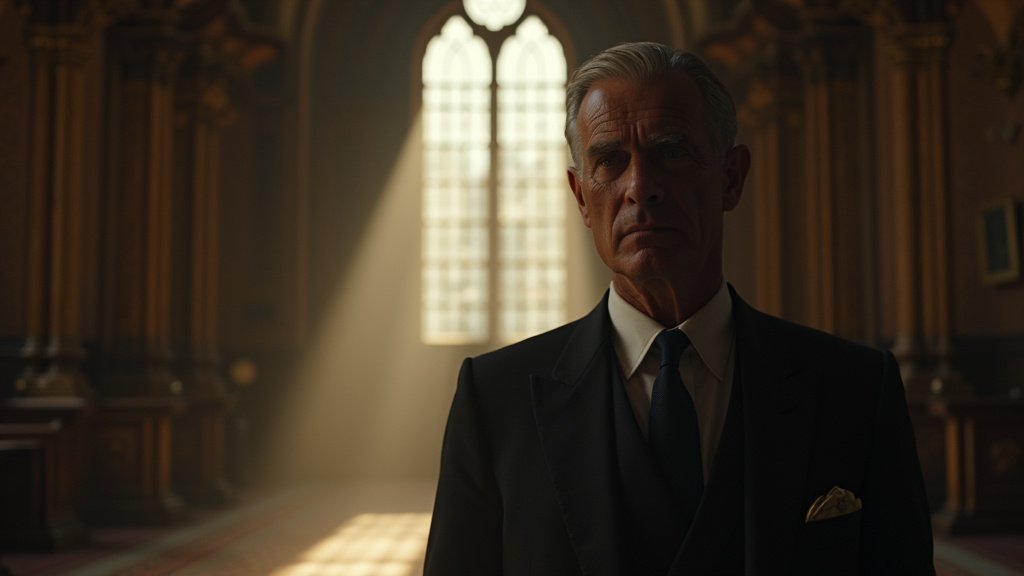Revolutionizing Fashion: Unless Collective’s Eco-Friendly Approach to Streetwear
In a world where fast fashion dominates and consumerism reigns, it’s refreshing to encounter a brand that prioritizes sustainability and environmental consciousness. Unless Collective, a Portland-based startup, is breaking barriers in the fashion industry with its innovative approach to eco-friendly streetwear. Launched in November 2021, this unique brand recently opened its doors in downtown Portland’s Union Way, showcasing a vibrant collection of apparel designed not just to be worn, but to return to the earth when its life cycle is complete.
Fashion with a Conscience
Imagine walking into a storefront and spotting a decomposing hoodie displayed prominently in a glass case. This striking visual at Unless Collective isn’t merely for shock value; it encapsulates the brand’s mission to revolutionize the way we think about clothing. With oversized hoodies, graphic tees adorned with designs from local artists, and an unwavering commitment to plant-based materials, Unless Collective is redefining the concept of sustainable fashion.
Every piece of clothing from Unless Collective is made from 100% plant-based materials, ensuring that once discarded, it can biodegrade naturally. By using materials such as cotton thread and corozo nut shells sourced from Argentina, the brand eliminates plastic waste entirely—a stark contrast to the traditional fashion items that often contain petroleum-based materials like polyester and nylon.
The Crisis of Textile Waste
The fashion industry is a significant contributor to global waste. In 2018 alone, approximately 11.3 million tons of textile waste, including discarded clothing, found its way into landfills or was incinerated. This alarming statistic highlights the urgent need for brands to rethink their production and disposal methods. Traditional clothing often involves synthetic materials that do not biodegrade, leading to toxic leaching and the proliferation of microplastics in oceans and food supplies. Even seemingly harmless items like cotton T-shirts may contain non-biodegradable elements such as synthetic labels or stitching.
A Vision for Sustainable Apparel
At the helm of Unless Collective is Eric Liedtke, CEO and co-founder, who brings a wealth of experience from his previous role at Adidas. Liedtke and his team have embarked on a mission to address the throwaway culture pervasive in today’s society. “We set out with everything from the end first,” says Liedtke, emphasizing the brand’s commitment to sustainability from the very beginning of the design process. Unlike conventional brands that often overlook the final destination of their products, Unless Collective ensures that its apparel is designed to return to the soil, enriching it rather than polluting it.
Innovative Practices for a Greener Future
The brand’s unique approach extends beyond the materials used; it encompasses the entire lifecycle of the product. Customers are encouraged to return worn clothing to Unless Collective for recycling or composting, rewarding them with store credit for their next purchase. This initiative not only fosters a circular economy but also empowers consumers to take responsibility for their fashion choices.
“The key is we don’t want people to feel bad. Ultimately, I think we are consumers, and we want to participate in acquiring things,” Liedtke explains. This perspective reflects a nuanced understanding of consumer behavior, acknowledging the desires of individuals while guiding them toward more responsible choices. Instead of shaming consumers for their purchases, Unless Collective invites them to be part of a solution that promotes sustainability.
Expanding Horizons: The Future of Eco-Friendly Fashion
While Unless Collective has successfully completed the initial phase of its mission—to create apparel that degrades into nutrient-rich soil—Liedtke acknowledges that there is still much work to be done. The brand has an ambitious “innovation roadmap” that includes plans to expand its product range, particularly into footwear, which is another significant contributor to waste in the fashion industry. Liedtke envisions a future where composted clothing could even be utilized to cultivate food gardens. “Why can’t we use clothing to solve?” he poses, highlighting the potential for fashion to contribute positively to our environment.
The Appeal of Eco-Friendly Streetwear
As consumers become increasingly aware of the environmental impact of their purchasing decisions, the demand for sustainable fashion continues to grow. Brands like Unless Collective are not only responding to this demand but are also setting new standards for the industry. By combining aesthetics with sustainability, they are appealing to a new generation of fashion-conscious consumers who prioritize ethical practices alongside style.
Moreover, the use of local artists for graphic designs not only supports the community but also adds a unique touch to each garment. This collaboration fosters a sense of connection between the consumer and the product, elevating the overall shopping experience. Shoppers can feel good about their purchases knowing they are supporting local talent while also contributing to a more sustainable future.
Conclusion
The launch of Unless Collective in Portland’s Union Way marks a significant step forward in the realm of eco-friendly fashion. By focusing on plant-based, biodegradable materials and encouraging responsible consumption, this innovative brand is challenging the status quo of the fashion industry. As Eric Liedtke and his team continue to develop new solutions and expand their product offerings, they are paving the way for a more sustainable future in fashion. Consumers now have the opportunity to make thoughtful choices that benefit both their wardrobes and the planet. In this evolving landscape, Unless Collective stands as a beacon of hope, proving that fashion can indeed be both stylish and sustainable.




